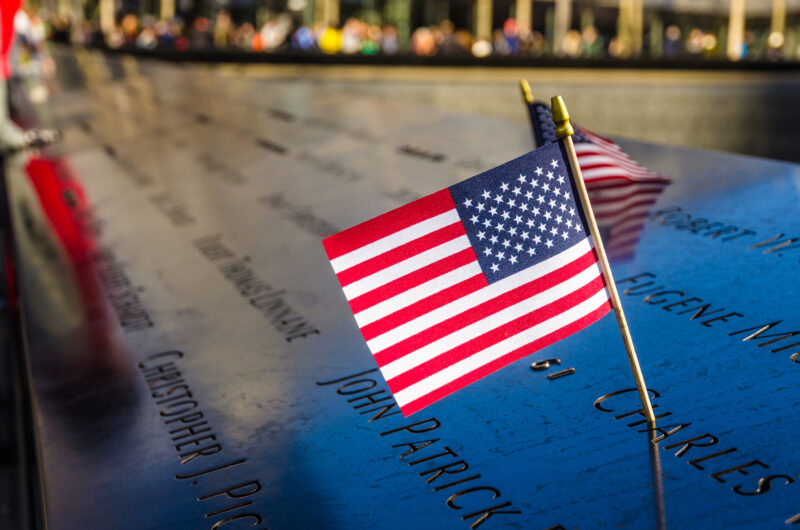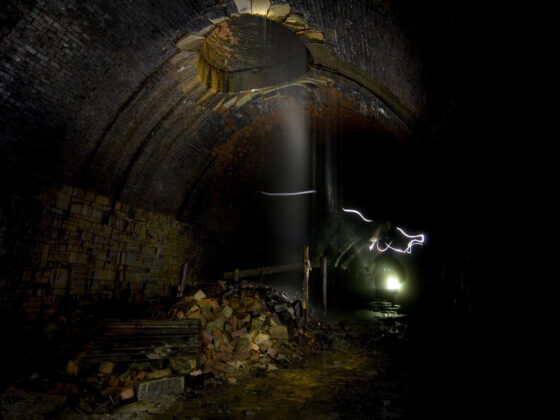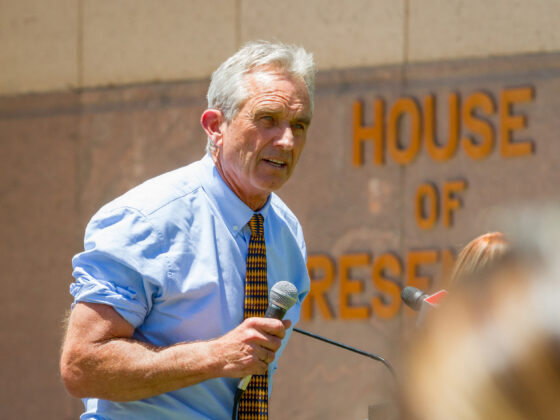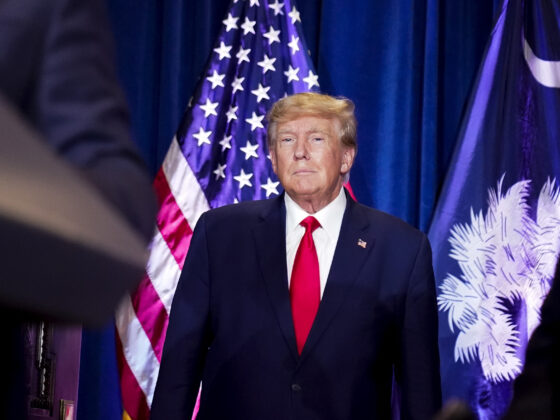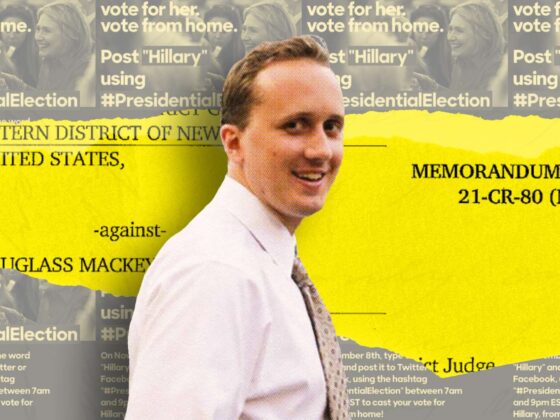Donald C. Canestraro is a former Special Agent for the Drug Enforcement Administration where he worked for 21 years. Since April 2016 he has worked as an investigator assigned to the Office of Military Commissions – Military Commissions Defense Organization. His recently released court filing contains some explosive revelations about the 9/11 attacks. The declaration was originally released in 2021 but was almost entirely redacted.
Mr Canestraro says that he began an investigation in 2016 into the possible involvement of the Saudi Arabian Government and the Central Intelligence Agency (CIA) in the events leading up to the 9/11 attacks.
A suspected Saudi intelligence office, Omar Al-Bayoumi, had been in contact with two of the 9/11 hijackers, Nawaf Al-Hamzi and Khalid Al-Mihdhar. FBI agents conducted numerous interviews regarding Al-Bayoumi after the 9/11 attacks. These interviews show that he was seen with the two hijackers on numerous occasions and had organised social gatherings for them. He had also helped the pair find an apartment.
Released FBI information shows that FBI agents interviewed Al-Bayoumi in 2003 in Riyadh, Saudi Arabia. He claimed that he had met the hijackers in a restaurant in Los Angeles after hearing them speak Arabic. However, witnesses say that he dropped a piece of paper near their table in order to instigate a conversation.
Al-Bayoumi was also in contact with a Saudi government official in Los Angeles and made numerous phone calls to him before the 9/11 attacks. According to a 9/11 Commission investigator, Al-Bayoumi was receiving substantial sums of money from the Saudi Embassy in Washington before the 9/11 attacks and that money was being funnelled through accounts belonging to the wife of the Saudi Ambassador.
Months before the 9/11 attacks, Al-Bayoumi’s monthly allowance from a job that he rarely showed up to rose from $465 to $3,700. This job was for a company that subcontracted to a Saudi aviation company with ties to the Saudi government.
Interviews with a former FBI Special Agent, handling all matters concerning Usama Bin Laden, show that the FBI became aware in 2000 that the hijackers had multiple entry visas to enter the US. The CIA tracked the individuals through Kuala Lumpur and Bangkok and noted meetings with Al-Qaeda.
A Central Intelligence Report (CIR) containing all this information was sent to the FBI but it went missing. Furthermore, the witness who discusses the CIR was told by CIA officials not to fully cooperate with a Congressional investigation. This witness claims that the reason for the CIR going missing was that the agency did not want the FBI interfering with a CIA operation that was being run domestically in violation of US law.
According to this former FBI Special Agent witness, Al-Bayoumi set up bank accounts and rented an apartment for the two hijackers at the behest of the CIA through the Saudi intelligence service. The reason given for this is that the CIA was under pressure to recruit Al-Qaeda informants. Furthermore, CIA analysts, rather than the usual case officers, were running the operation.
The witness says that in June 2001, the CIA approached the FBI’s counter terrorism squad for a meeting regarding the hijackers. Apparently, the CIA had lost track of the two terrorists and needed the FBI’s help.
Another witness claims that information on the two hijackers was not passed to the FBI as the CIA was running a “long term intelligence operation” to penetrate Al-Qaeda. However, they believe that the CIA’s operation may have spun out of control and so only provided the FBI with limited information.
An investigative journalist told Canestraro that a group known as the “Safari Club” was used to block Soviet influence in the Middle East by exchanging intelligence and by engaging in covert actions. The club included the governments of Israel, Saudi Arabia and other states in the Middle East and North Africa region. The Safari Club worked as a proxy for the CIA in areas where the CIA could not operate.
In 2016, a former FBI Special Agent told Canestraro that “diplomatic pressure” had been exerted on the FBI not to investigate the Saudi government’s connections to the 9/11 attacks. Another former FBI agent alleged that agents were told they were not permitted to interview Saudi nationals in support of their investigation into the 9/11 attacks. This could have been because many of the leads pointed towards Saudi diplomats stationed in Washington DC.
Former Deputy National Security Advisor to President Clinton and Bush, Richard Clarke, told Canestraro that he believes the FBI was not informed about the hijackers as the CIA was running a “false flag” operation to recruit hijackers. Mr Clarke stated that he believes that most of the records of the CIA’s operation to penetrate Al-Qaeda were destroyed in an effort to cover it up.
Another confidential source told Mr. Canestraro that after the 9/11 attacks it became impossible for the FBI to unilaterally conduct a terrorism or counter intelligence investigation without the tacit approval of the CIA. CIA officers would frequently sit in the command centres of FBI Field Offices to monitor FBI activities.
The CIA clearly had information that they did not share with the FBI prior to the 9/11 attacks and tried to conceal all information during investigations conducted after the attacks. Another former FBI Special Agent told Canestraro that the attempt to recruit the hijackers was an operation directed by the CIA. The CIA used their liaison relationship with Saudi intelligence services to conduct an operation on US soil.
The question remains, how far did this operation go with CIA approval?


